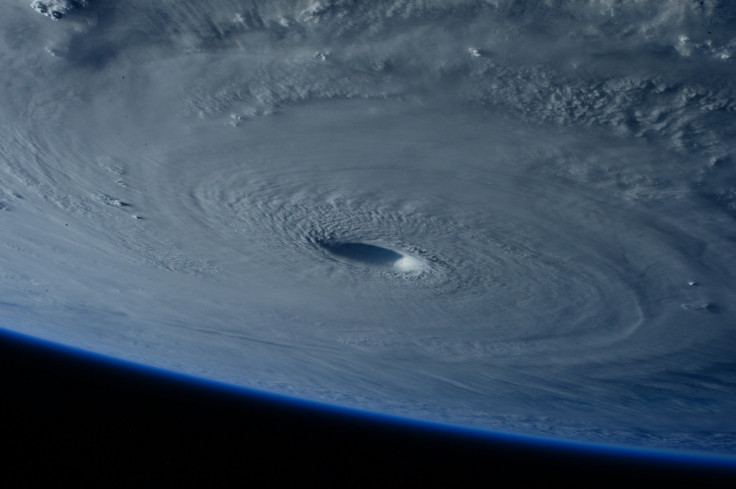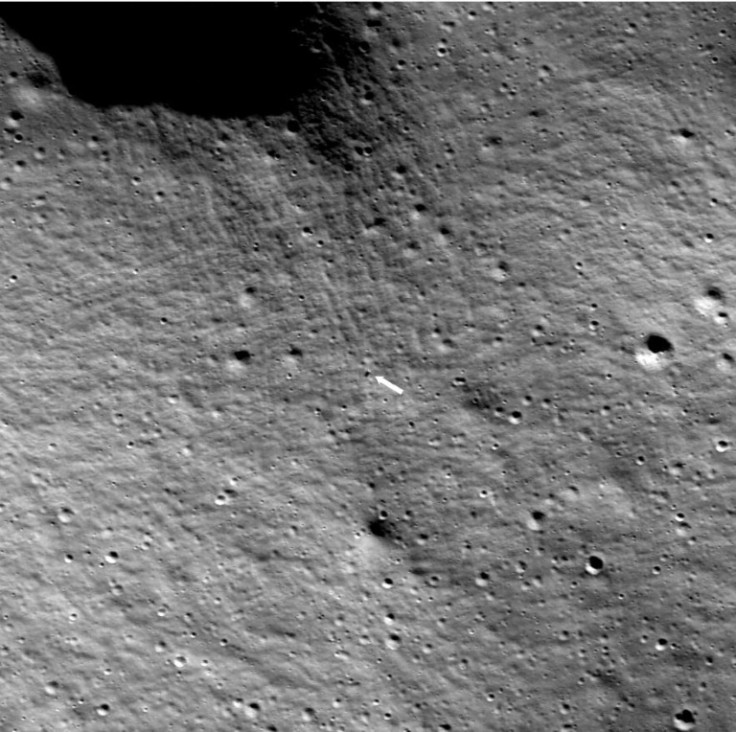Michele Dougherty, First Female Astronomer Royal, Believes In Aliens: Here's Why She Thinks There's Life Outside Earth
Water plus radiation shielding creates possible conditions for microbial life beyond Earth

Professor Michele Dougherty, the newly appointed Astronomer Royal, is best known for discoveries that have reshaped how scientists think about the possibility of life elsewhere in the Solar System. Now the first woman to hold the historic title, she brings a strong belief in the likelihood of extraterrestrial life grounded in science.
In a role steeped in tradition, Dougherty blends a career in planetary physics with a commitment to public engagement, aiming to spark national curiosity about space and its potential to reveal life beyond Earth.
From South Africa to the Royal Observatory
The honorary position of Astronomer Royal was created in 1675 by King Charles II to advise the monarch on astronomical matters. Nearly 350 years later, Professor Dougherty is the first woman to hold the post, succeeding Lord Martin Rees, who served for three decades.
Born in South Africa in 1962, she earned her PhD at the University of Natal and joined Imperial College London in 1991. She currently serves as Professor of Space Physics and Executive Chair of the UK's Science and Technology Facilities Council (STFC), overseeing major national research infrastructure and science funding strategy.
Discoveries That Redefined a Moon
As Principal Investigator for the magnetometer on NASA's Cassini mission, Dougherty led the team that identified unusual magnetic field patterns near Saturn's moon Enceladus. These signals confirmed the presence of cryovolcanic water‑vapour plumes and pointed to a hidden subsurface ocean, potentially capable of supporting microbial life.
She now leads the J-MAG magnetometer team on the European Space Agency's Jupiter Icy Moons Explorer (JUICE), launched in 2023. The instrument is studying magnetic activity around Jupiter's moons, such as Ganymede, in the search for more hidden oceans and clues to habitability.

Why She Believes Life Could Exist Outside Earth
Professor Dougherty argues that every confirmed presence of liquid water in the Solar System increases the chances of life beyond Earth. While she avoids exaggeration, she stresses the scientific importance of water beneath icy crusts like those found on Enceladus and Ganymede.
'If you find liquid water, it's one of the ingredients you need for life to form', she told The Times. The presence of magnetic fields on those moons adds another critical factor, as they help shield environments from solar radiation and preserve the conditions needed for water to remain stable.
Comparing the search for extraterrestrial life to 'looking for a needle in a haystack', Dougherty maintains that new discoveries make the idea more scientifically plausible than ever.
Scientific Leadership and a Public Mission
Since becoming Executive Chair of the STFC in January 2025, Dougherty has played a central role in shaping UK research strategy. Her influence spans science policy, funding, and infrastructure, from particle physics labs to space exploration initiatives.
As Astronomer Royal, she plans to use her platform to boost public engagement with astronomy, particularly among younger audiences. 'I want to engage with the public, excite them about what we do in astronomy, but also make it clear how important what we do is to the UK economy', she told the BBC.
Professor Dougherty's appointment represents both a scientific milestone and a cultural shift. Her leadership in planetary exploration and belief in the potential for alien life signal a modern direction for one of Britain's oldest scientific roles. As she takes on this historic title, she will not only advise on celestial matters but help shape how the UK sees its place in the cosmos.
© Copyright IBTimes 2025. All rights reserved.





















